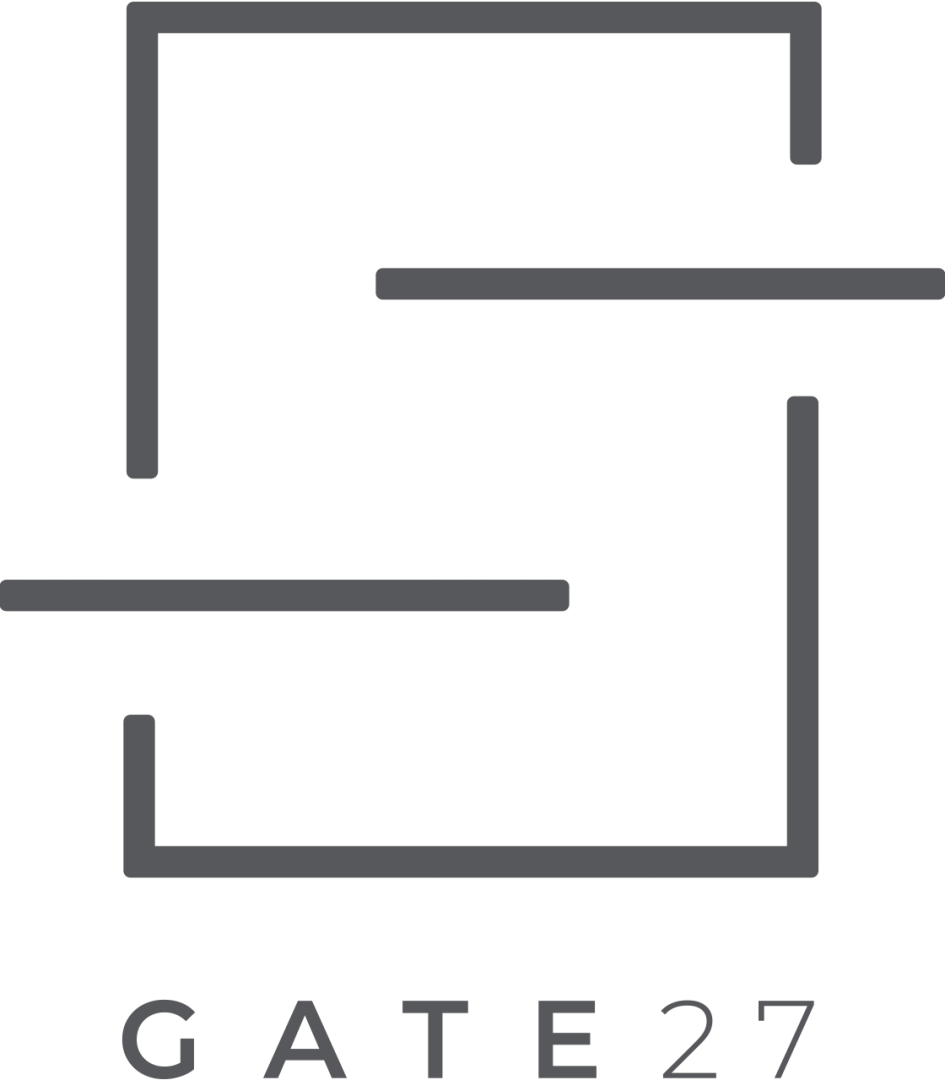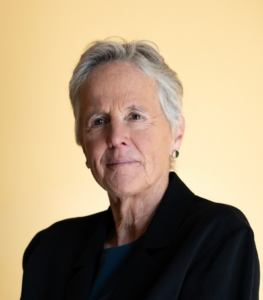Edit Content

Gate 27, farklı pratiklerin araştırma ve üretim süreçlerini desteklemek ve disiplinlerarası etkileşime zemin yaratmak amacıyla 2019’da kurulmuş bir uluslararası konuk sanatçı programıdır.

Gate 27, farklı pratiklerin araştırma ve üretim süreçlerini desteklemek ve disiplinlerarası etkileşime zemin yaratmak amacıyla 2019’da kurulmuş bir uluslararası konuk sanatçı programıdır.

The BEYOND 27 program brings together scholars investigating global challenges—such as environment, migration, urbanization, climate crisis, and social transformation—with artists whose practices are inspired by these inquiries. Taking place at our Istanbul campus over six weeks, this unique gathering invites two disciplines to the same table to deepen ideas and make them visible.
In its first edition, Prof. Dr. Wendy Brown, UPS Foundation Professor in the School of Social Science at the Institute for Advanced Study, will join us in Istanbul as a research fellow. She will continue her preparations and research for her forthcoming book, Reparative Democracy, with the support of the Istanbul Policy Center.
Artists collaborating with the scholars will have the opportunity to transform urgent issues into new narrative forms. Supported through Gate 27’s extensive network and production facilities, their works will ultimately become part of the Gate 27 Collection.
This program offers artists not only a space for production but also an intellectual partnership, a new ground for expression, and the chance to be part of a collective transformation. If you would like to join this collaborative residency, we look forward to receiving your application.
Research Fellow’s Focus During the Program:
Reparative Democracy
How does the crisis of fossil-fueled modernity (climate change, species collapse, fouled lands and waters) intersect the crises of constitutional representative democracy (rising authoritarianisms’ supersession by finance capital, exhaustion of the form)? What new practices and principles of democracy might meet both challenges? What new orientations toward the non-human by the human are called for to respond to these intersecting crises? And how might these be appearing in organized uprisings and experiments that themselves might be understood as instances of “reparative democracy”—democracy that both repairs from its own troubled pasts and has a reparative orientation toward the future?
This project is not an attempt to recuperate or restore liberal democracy but, rather, attempts to theorize a post-liberal democratic form, one that is emerging from the same ash heap of liberalism that neo-fascist regimes are. It places a just political economy and sustainable political ecology at the heart of this post-liberal form. At the same time, it takes seriously that the residuals of fossil modernity are now forever with us, that there is no overleaping or leaving behind this critical epoch of human inhabitation of earth.
Artists with the following qualifications are invited to apply:
You are required to explain how your application relates to the concepts of democracy, political economy, and political ecology addressed in Wendy Brown’s forthcoming book Reparative Democracy.
Please visit the Application page for the evaluation process and general terms and rules applicable for the residency program. For other questions, you can also browse the Frequently Asked Questions page or send us an e-mail.

Image courtesy of Nando Ochando.
Wendy Brown is UPS Foundation Professor in the School of Social Science at the Institute for Advanced Study, Princeton, and Class of 1936 Professor Emeritus of Political Science at UC Berkeley. Her work focuses on predicaments of power in democracies, capitalism, social movements, and human psyches, and now extends to the non-human world as well. Author or co-author of a dozen books translated into more than twenty languages; her most recent works are In the Ruins of Neoliberalism: The Rise of Anti-Democratic Politics in the West (2019) and Nihilistic Times: Thinking with Max Weber (2023). She is currently working on a book entitled Reparative Democracy: A Politics for the 21st Century
The application process for the 2026 residency program has been completed.
The application process for the 2027 residency program is planned to begin in the fall of 2026.
© 2023 GATE 27